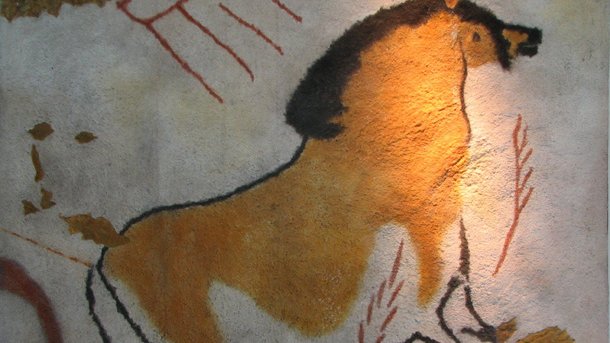

© Photo: www.ru.wikipedia.org

© Photo: BGNES
Bulgarian expatriates in Las Vegas will gather this Easter for the traditional Bulgarian Festival. The organisers of the Bulgarian-American Association in Nevada decided to hold the event a little earlier this year - on May 5, to coincide with Orthodox..
The symbol of Easter - the egg dyed in red or other colors has also become a symbol of Bosilegrad. The Serbian town, just a stone's throw from the border with Bulgaria, is inhabited mainly by ethnic Bulgarians, who have been..
More than 30 years after the democratic changes in Bulgaria in 1989, May 1 continues to be a public holiday and a non-working day, but the state authorities are no longer involved in organizing mass events and manifestations, as it..
A 3-day culture and gastro festival is taking place in Antimovo village near Vidin. For the 14 th time the Razvitie-1926 chitalishte (community..
A chapel built in the hollow of an old mulberry tree in the courtyard of the Ethnographic Museum in the town of Vratsa is the Easter gift made by the..
Games where the main character is the egg are probably not very many . In Germany, for example, on Easter, families visit the church, and then children..

+359 2 9336 661
